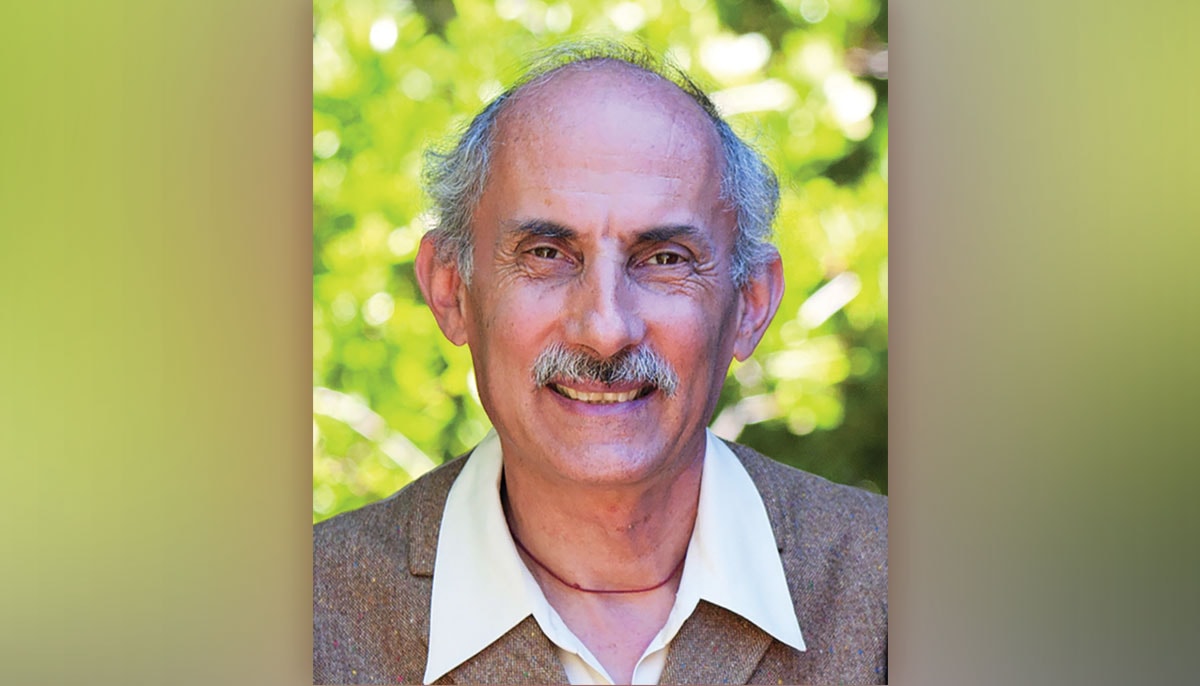Dear friends, the important question is not the future of Buddhism and its message. What’s important is the widespread realization of wisdom and compassion.
It is clear that no amount of outer technological development—supercomputers, enhanced genetics, nanotechnology, biotechnology, space technology, and the rest—will end warfare, racism, environmental destruction, tribalism, and global injustice.
The US is the world’s largest producer and exporter of weapons, yet we do not feel safe. We have grain elevators full of food, yet millions of children around the world are hungry. Our heart feels their plight and whispers to us: What can we do?
The reality is that we have enough food. What we do not have is enough love. The source of these sufferings is in the human heart. We know this truth as surely as we know our own name. Our wonderful outer development must now be matched by inner development. This is the great task of our time.
The principle that creates a wise society and a wise life is simple and universal: Actions based on greed, hatred, disrespect, and ignorance inevitably lead to suffering. Actions based on their opposites—generosity, love, respect, and wisdom—lead just as surely to happiness and well-being.
This is the wisdom of the dharma. From the time of the Buddha, these teachings have pointed us to the reality of liberation. They offer the truths of suffering, its causes, and its end for every era. They help us awaken the great heart of virtue, compassion, wisdom, and generosity. They teach us interconnection with all life, providing the very medicine we need for this beautiful and troubled globe.
These are not just distant ideals. The good news is that these teachings offer powerful and transformative practices—direct ways for us to quiet the mind, open the heart, care for one another, and realize liberation. This is the enormous gift of the dharma to the modern world.
Buddhism is the traditional vehicle for these practices and truths. Yet it is clear there won’t be a single Buddhism in the West. There will be different Buddhisms. Every other Buddhist culture has many sects and traditions living side by side. These express the ten thousand skillful means of awakening: through devotion and meditation, direct pointings and transmission, myth and story, community and ritual, wise heart and wise society. There are conservative, traditional sects who preserve the teachings, and in each generation, there are adaptive sects who modernize and renew them. Even though they can glare at each other across the divide, these perspectives complement each other. We need them both.
Buddhist traditions in the West are already being changed. While we don’t know what the next decades will bring, there are hints. Buddhism in the West is already not as patriarchal as in the past, embodying more female leaders and more feminine wisdom. It is less hierarchical and more democratic. While building monastic traditions, it is more lay-oriented. There is more emphasis on meditation and less on the practices of devotion and offering. There is a growing use of self-compassion to counterbalance spiritual ambition and misguided effort.
While true to its roots, Buddhism is also incorporating the complementary skills of modern psychology, trauma work, and neuroscience. Diversity and inclusion is a visible direction for Buddhist communities everywhere, as is more active engagement in the alleviation of suffering in our society. There is increasing use of online learning and the adoption of Buddhist practices in many forms. There are many new secular adaptations of mindfulness, loving-kindness, and tonglen meditation benefiting people in fields from education, health care, and business to the arts and athletics.
And true to capitalism, the dharma is being packaged and sold. Some people are worried about the watering down of the dharma, the secular selling without a deeper foundation. History laughs. Let it spread in ten thousand forms. The dharma can take care of itself! It is magnificent, the timeless truth, the reality of life.
And honestly, though we Americans are expert at misusing things, there is a centuries-long tradition of misusing the teachings prior to us. Magnificently watered-down dharma was and is widespread across Buddhist Asia. There are whole sects that live for money-making funerals, and millions who go to temples to get fortunes read or to make offerings for business success, better luck in marriage, or to offset their continuing misdeeds. Yet these societies are also the treasure houses of profound dharma and great sanghas. Popular Buddhism and devotion to deep practice inter-are. They always exist in a dance together.
I say let the dharma spread and become so common it becomes an invisible understanding, enhancing humanity in every field. Let it foster virtue, inner well-being, respect for basic human dignity, care for all life, and the awakening of freedom.
Let these seeds of goodness flower in a thousand forms.
It doesn’t even have to be called Buddhism.
Let’s just call it love.
Read the rest of the series, “Buddhism’s Next 40 Years: What’s the Message”.

